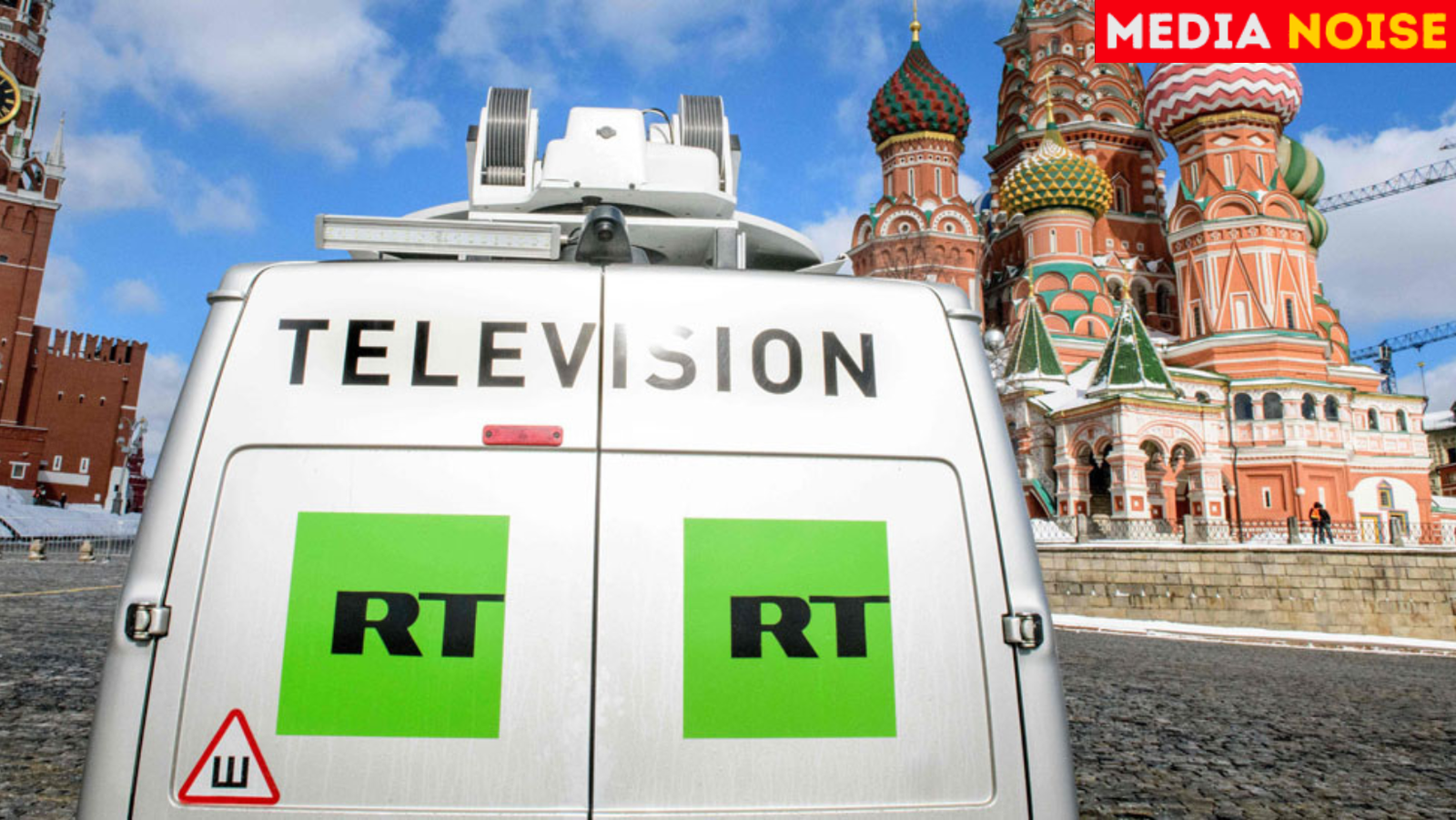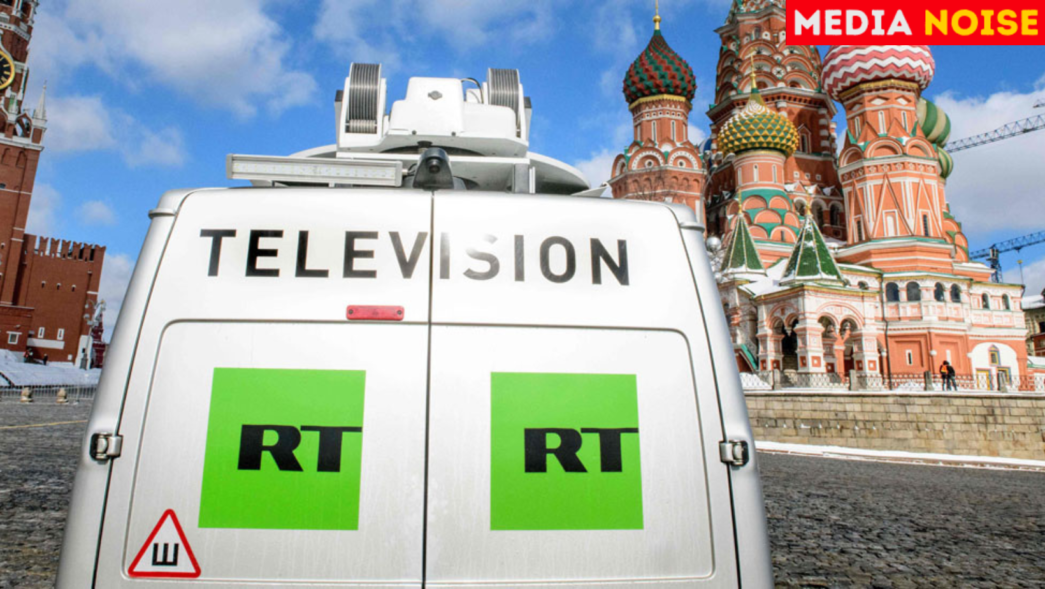New Delhi: In a significant escalation of media tensions, Russia announced on Thursday that it would impose retaliatory measures against U.S. media outlets. This response follows recent U.S. allegations accusing the Russian state-controlled broadcaster RT of attempting to influence the 2024 U.S. presidential election.
On Wednesday, the U.S. government filed money-laundering charges against two RT employees. According to U.S. officials, these individuals were involved in a scheme to contract an American firm to produce content aimed at swaying the upcoming election. The charges also targeted RT’s chief editor, Margarita Simonyan, and included broader sanctions aimed at disrupting the network’s operations.
The U.S. Treasury and State Departments have accused Russia of seeking to deepen political divisions in the U.S. and undermine public support for American aid to Ukraine amidst the ongoing conflict with Russia. These accusations have been firmly rejected by Moscow.
ALSO READ: India TV Launches Speed News: India’s First 24-Hour HD Fast News Channel
Maria Zakharova, spokeswoman for Russia’s foreign ministry, condemned the U.S. actions as part of a broader strategy to eliminate dissenting voices from the global media landscape. “When authorities resort to such primitive ways of influencing their voters, this marks a decline of ‘liberal democracies,’” Zakharova stated. She warned that any efforts to hinder Russian journalists in the U.S., including restrictive visa policies, would lead to equivalent retaliatory measures against American media.
Russia’s stance on the matter comes amidst a strained relationship between the two countries. Since Russia’s invasion of Ukraine in 2022, the Kremlin has tightened its control over media, shutting down independent news outlets and labeling many journalists and activists as “foreign agents.” This crackdown has significantly reduced the presence of Western journalists in Russia, with few U.S. reporters remaining in the country.
The Reporters Without Borders organization ranks Russia at 162 out of 180 countries in terms of press freedom, while the United States holds a position at 55. The disparity highlights ongoing concerns about media freedom in both nations.
In response to the U.S. charges, RT dismissed the allegations with sarcasm. “Three things are certain in life: death, taxes, and RT’s supposed interference in U.S. elections,” RT quipped. The network, which ceased operations in the U.S. after major distributors cut ties following Russia’s invasion of Ukraine, has called the charges an attempt to stifle its competition.
Russian officials have previously denied allegations of election interference, describing U.S. intelligence claims as unfounded. The Kremlin has argued that accusations of meddling are part of a broader campaign to vilify Russia. Russian lawmaker Maria Butina, who has a history of involvement with U.S. authorities, characterized the U.S. claims as nonsensical, suggesting that the real beneficiary of U.S. elections is the American military-industrial complex.
As the situation unfolds, both nations continue to grapple with accusations and counteraccusations, reflecting the deepening geopolitical rift and the complex interplay of international media and politics.













